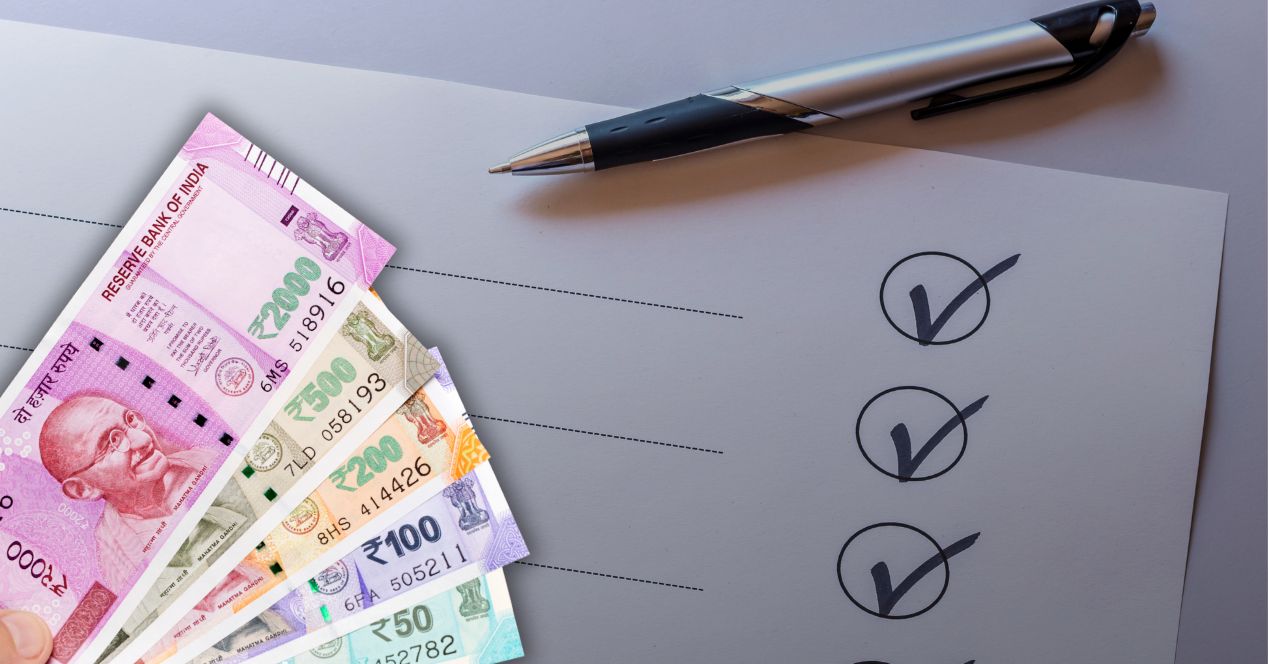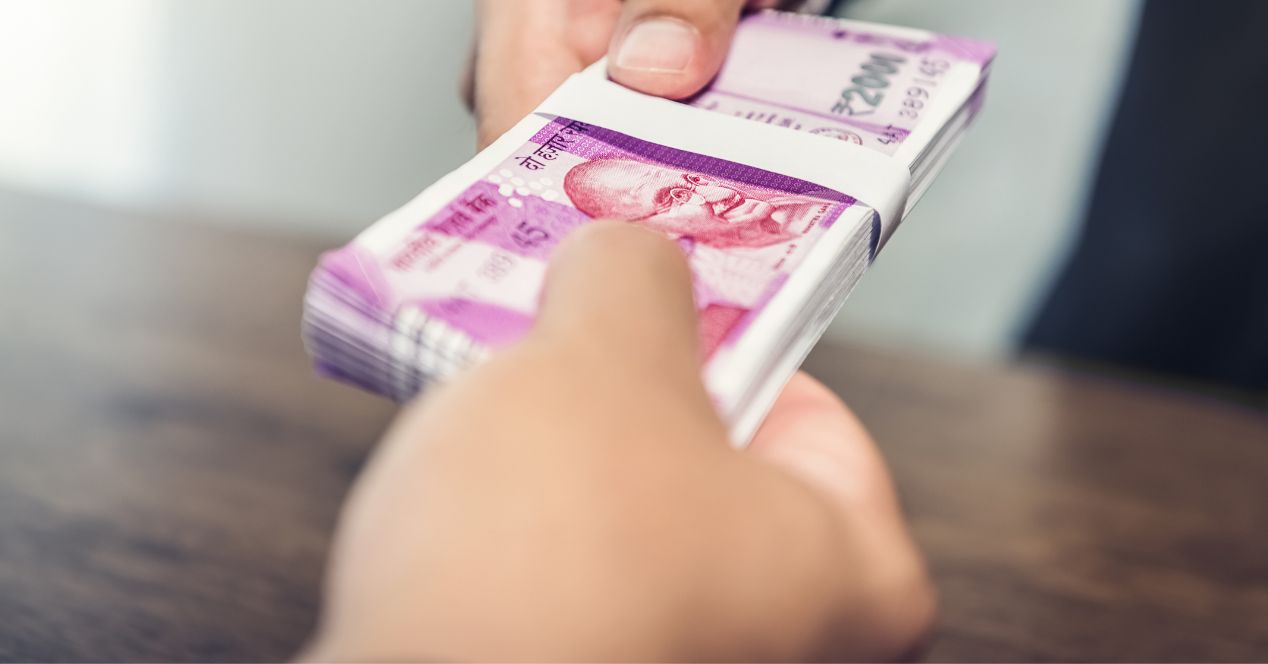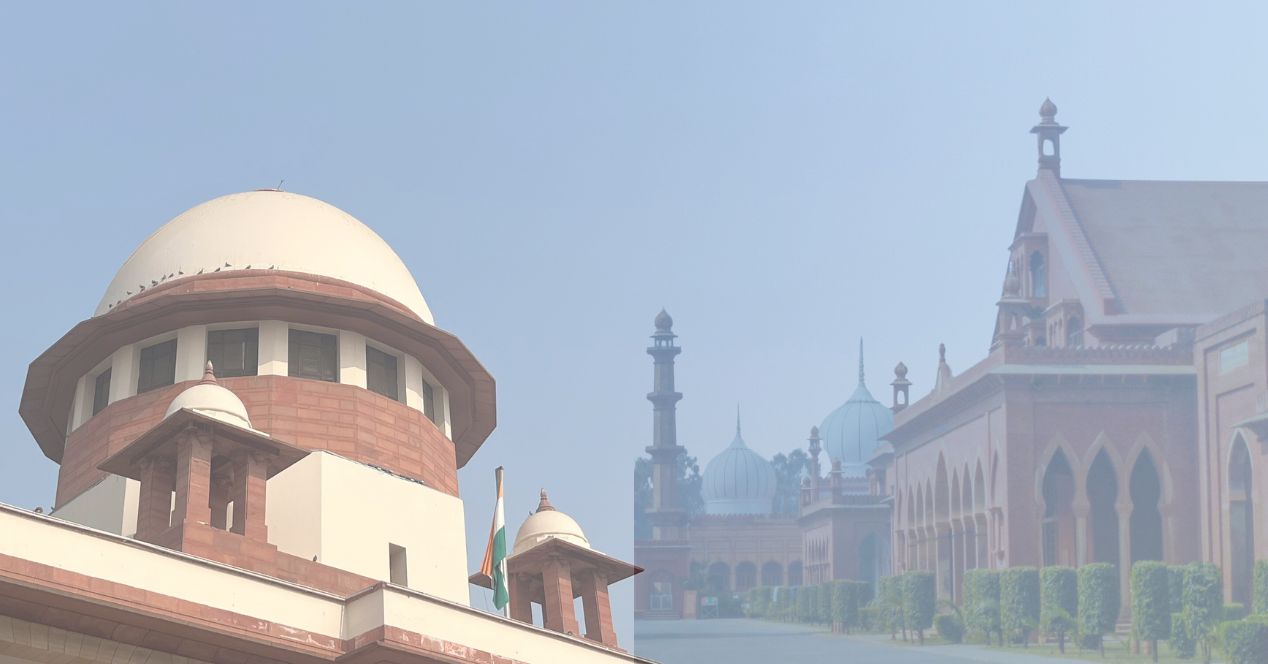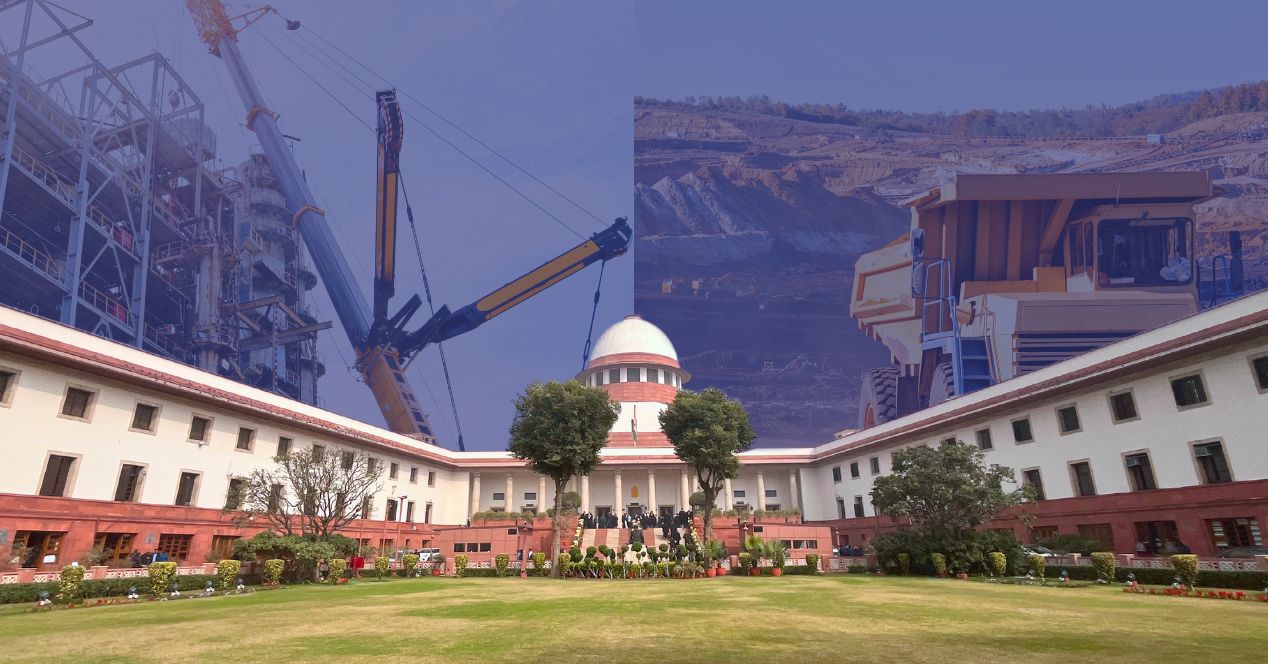Analysis
2024 Spring Session Review
Compelling hearings and pleasantly surprising judgements in a quarter when the Supreme Court kicked off its 75th year celebrations
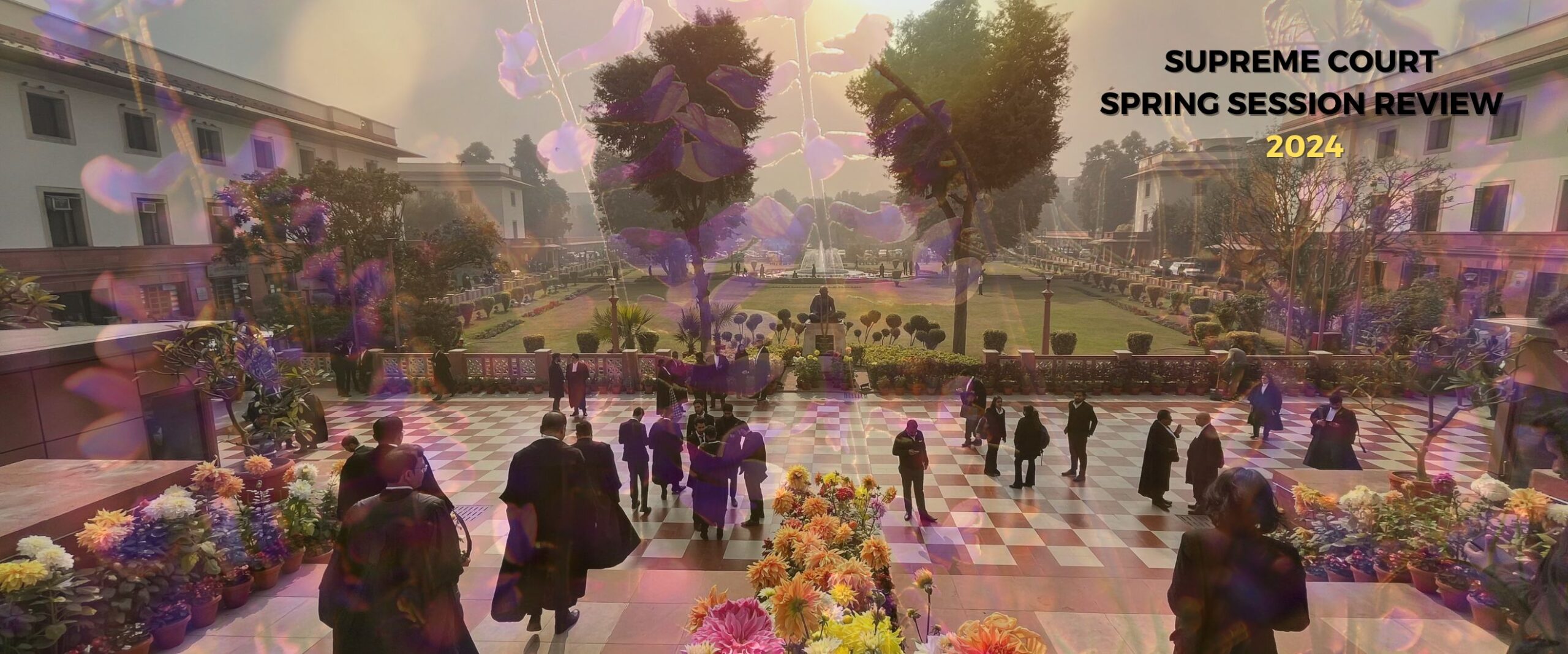
This is a review of the Supreme Court Spring Session from 1 January to 31 March 2024.
In a season that was dominated by hectic Constitution Bench activity, it is a Division Bench case that stands out. In early January, the Court set aside the remission of the convicts in the Bilkis Bano case. It was the culmination of a decades-long battle fought by a woman who had to relive the worst moments of her life repeatedly in the public eye. This ending was important not just for her, but for the idea of justice in the minds of caring citizens—light at the end of the tunnel, a new bud in spring after a harsh winter.
As we got closer to this summer’s big election, the Court had an eventful few weeks. This quarter, the Court handed down an emphatic judgement in the Electoral Bond Scheme matter and expressed its indignation at shady business in a mayoral election in Chandigarh. It also refused to stay the Union’s new law to appoint election commissioners—a law which had been enacted to get around the Court’s own decision of having the Chief Justice on the recommendation panel.
Speaking of Chief Justices, the countdown to Chief Justice Chandrachud’s retirement later this year has begun. We noticed a sense of urgency in the Chief’s endeavour to leave a more efficient (dent in the pendency numbers), diverse (appointment of a judge from the Scheduled Caste community; more women than ever designated as Senior Advocates), and modern (paperless) Court than the one he inherited.
The Supreme Court does not officially follow a session calendar. For the sake of analysis, we have divided the annual calendar into four sessions – Spring (January to March), Summer (April to June), Monsoon (July to September) and Winter (October to December).
Quick facts:
- Working Days: The Court worked on 56 out of 91 days. (The 91 days include the week-long Holi/Good Friday vacation at the end of March)
- Quorum: The Court mostly sat in full quorum of 34 judges—16 working days at 33 judges and rest in full quorum.
- Retirements and appointments: Justice P.B. Varale was sworn in on 25 January 2024 to fill the vacancy that arose from Justice Kaul’s retirement on 25 December 2023. Justice Varale was the Chief Justice of the Karnataka High Court. At the time of his elevation, he was the only Chief Justice of a High Court from the Scheduled Caste community. To read more on the diversity profile of the current court, see our 2023 year-ender special.
Constitution Bench Matters:
Decisions:
15 February 2024 – Electoral Bonds – five-judge bench
29 February 2024 – Automatic Vacation of stay orders – five-judge bench
4 March 2024 – Immunity for lawmakers in cases of bribery – seven-judge bench
Hearings:
Started on 10 January 2024 – AMU – Hearing for 8 days – seven-judge bench
Started on 6 February 2024 – Subclassification – Hearing for 3 days – seven-judge bench
Started on 27 February 2024 – Mineral Royalty – Hearing for 8 days – nine-judge bench
Pendency:
35 five-judge matters are pending, with 289 tagged petitions
8 seven-judge matters with 38 tagged petitions
7 nine-judge matters with 136 tagged petitions
Total pendency: 79,863 cases as of 9 April 2024
Matter summaries:
Minority report: The Supreme Court started the year by examining whether Aligarh Muslim University is a minority institution under Article 30 of the Constitution. This has implications on whether or not it can reserve seats for students from the Muslim community. The legislation which converted the Muhammadan Anglo-Oriental College to AMU is from 1920, three decades before the Constitution and its protection for minority institutions came into existence. The case was heard over eight days.
Judges: D.Y. Chandrachud CJI, Sanjiv Khanna J, Surya Kant J, J.B. Pardiwala J, Dipankar Datta J, Manoj Misra J, S.C. Sharma J
Links: SCO’s case page | SCO’s argument summary | SCO’s argument matrix | Expert commentary | Video explainer
Unlikely bedfellows: Soon after the AMU case hearing ended, a seven-judge bench started hearing another case of national interest—whether the Constitution gives states the power to further sub-classify within the Scheduled Caste and Scheduled Tribe categories.
In a country where much of social and political life is defined by caste-based politics, it wasn’t surprising to see that the usually warring Union and states were in unison, agreeing with the ask for subclassification. It was also not surprising to note that the conversations around the case did not make much noise in the mainstream media.
Judges: D.Y. Chandrachud CJI, B.R. Gavai J, Vikram Nath J, B.M. Trivedi J, Pankaj Mithal J, Manoj Misra J, S.C. Sharma J
Links: SCO’s case page | SCO’s argument matrix | Video explainer
Bond, shaken & stirred: On 15 February, the five-judge bench led by the CJI struck down the Electoral Bonds Scheme as unconstitutional. The Court batted in favour of transparency and laid down strict deadlines for the State Bank of India to deliver all information to the Election Commission of India. The ECI, on its part, was directed to make the data publicly available on its website.
The judgement was a long time coming. The Scheme was first challenged in the Court in 2017. In urgent hearings just before the 2019 general elections, the Court had asked for details of the bonds in a sealed cover while refusing to stay the Scheme.
In the aftermath of the present judgement, the SBI requested time until the end of June to organise and publish the information, but the Court was not having any of it. Appeals were also made to the CJI and the President to intervene and prevent the Scheme from being scrapped. We captured some of that drama here. It remains to be seen whether the judgement will have a bearing on how the country votes in this year’s general election.
Judges: D.Y. Chandrachud CJI, Sanjiv Khanna J, B.R. Gavai J, J.B. Pardiwala J, Manoj Misra J
Links: SCO’s case page | Judgement summary | Judgement matrix | Video explainer
Enter the lists: This was one of the cases where state governments clashed with the Centre over entries in the Union and State Lists of the Constitution. The Supreme Court has to decide whether state governments can tax mines and minerals under Entry 50 of the State List. Wedged in the middle are the oil companies, who are fighting double taxation. On 14 March 2024, the court reserved judgement after eight days of hearings.
The topic of mineral taxation might not get everyone’s blood rushing, but the matter has big money implications. On the second day of hearings, we learnt that central oil companies in Assam, Odisha and Jharkhand owe state governments crores in unpaid taxes. Assam’s tax dues from crude extraction till July 2022 run to ₹4,500 crore. Meanwhile, Jharkhand is owed ₹10,558 crore. Watch out for more of this List-related drama in the Summer session.
Judges: D.Y. Chandrachud CJI, Hrishikesh Roy J, A.S. Oka J, B.V. Nagarathna J, J.B. Pardiwala J, Manoj Misra J, Ujjal Bhuyan J, S.C. Sharma J, A.G. Masih J
Links: SCO’s case page | Argument matrix | Video explainer
Decision to stay: Another bad law set aside. On the question of whether stay orders are vacated automatically on the completion of six-months, the top court answered in the negative. Now, stay orders will remain in operation till the court decides on the matter.
Judges: D.Y. Chandrachud CJI, A.S. Oka J, J.B. Pardiwala J, Pankaj Mithal J, Manoj Misra J
Links: SCO’s case page | Judgement summary
Undoing an absurdity: Last October, the Supreme Court sat on its first seven-judge bench in seven years to reconsider the 25-year-old judgement in Narasimha Rao. In March this year, the Court overturned the much-criticised decision while holding that a lawmaker would not be immune from acts of bribery connected to their actions in the House. The case turned on an interpretation of the phrase “in respect of” in Article 105(2) of the Constitution—receiving illegal gratification was not “in respect” of the function of a lawmaker to speak or vote in the House.
This reversal was a long time coming—in a desk brief titled “Undoing an Absurdity”, we quoted A.G. Noorani, who had written that “in the nearly half a century of its existence, few rulings of the Supreme Court incurred such odium and so deservedly” than the one in Narasimha Rao.
Judges: D.Y. Chandrachud CJI, A.S. Bopanna J, M.M. Sundresh J, P.S. Narasimha J, J.B. Pardiwala J, P.V. Sanjay Kumar J, Manoj Misra J
Links: SCO’s case page | Judgement summary | Video explainer
Division Bench Matters:
Back to jail: In the opening week of this session, the Court set aside the remission order granted by the Gujarat government to the accused in the Bilkis Bano gangrape and murder case.
Nowhere to hide: In February, the Court took suo moto cognizance after a video of the returning officer tampering with ballots made its way to the internet. The Court restored the winner of the election, while saying that it stepped in to ensure that “the basic mandate of electoral democracy is preserved at local participatory level.”
Selection day: In March, the Court refused to stay the new law to appoint Election Commissioners. The law was enacted to get around a Supreme Court decision that had directed the appointment panel to be composed of the Prime Minister, the Leader of Opposition and the Chief Justice. The legislation replaces the Chief Justice with a cabinet minister.
Not alright, guv’nor!: When R.N. Ravi, the Tamil Nadu Governor, refused to reinstate K. Ponmudy, an ex-minister whose conviction had been stayed, the Court issued a strong message to the Governor suggesting that the “law has to be followed.” Ravi reinstated the Governor.
Check, please: At the end of March, the Court stayed the operation of the IT Rules 2023, which created a government-run fact checking unit that has the power to ask social media intermediaries to make “reasonable efforts” to take down content that it found to be “fake, false or misleading.” The Court said that such a mechanism raises “serious constitutional questions” related to the restraint of freedom of speech and expression. The Court clubbed all petitions challenging the IT Rules lying in various High Courts and transferred them to the Delhi High Court.
Self-care: Every month, the judiciary has been taking stock of appointments and other administrative roadblocks that are affecting the functioning of the lower courts. Read all about it here.
Court News:
Celebrating 75: On 28 January, in a ceremony attended by the Prime Minister Narendra Modi, the Court celebrated its 75th year. In his speech, Chief Justice Chandrachud said that the Court was the “bulwark against injustice, tyranny, and arbitrariness.” He also spoke about bringing in more professionalism, limiting the duration of oral arguments, the need to limit court vacations and the creation of a level playing field for first generation lawyers. The Prime Minister announced a Rs 800 crore allocation to expand the court complex.

